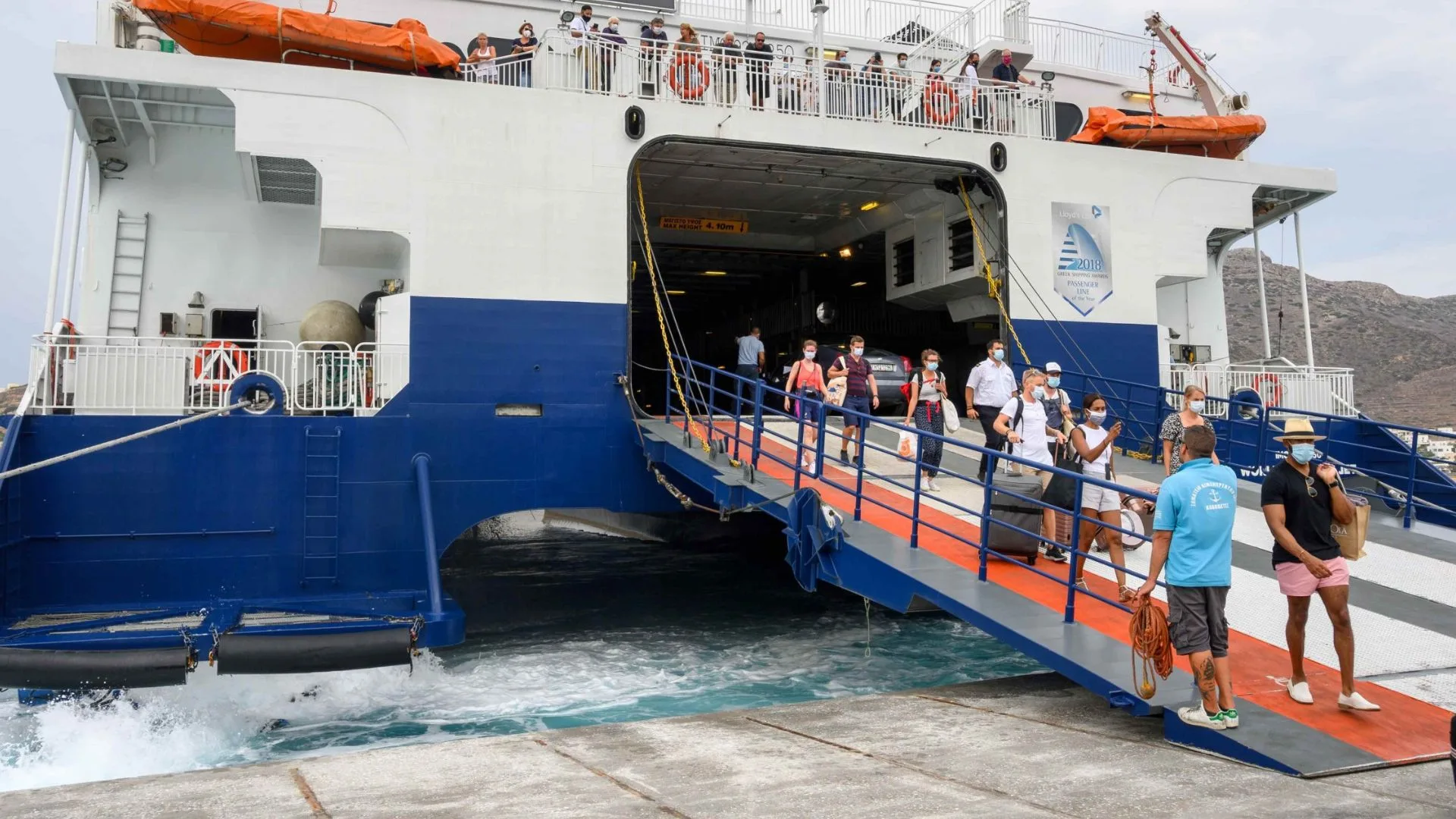Ferry ticket prices in Greece are set to rise significantly, with increases of up to 12% expected from May 2025, according to news.gtp.gr. The hike, exceeding the average inflation rate, is attributed to rising fuel costs and new environmental regulations for coastal vessels aimed at promoting sustainable practices.
“Fuel costs, which constitute 47 percent of a ferry’s operating expenses, are the primary factor driving the ticket price increase,” said Dionysis Theodoratos, President of the Association of Passenger Shipping Businesses (SEEN), during the “Modern Coastal Shipping Transportation, Island Sustainable Development” conference.
Reasons Behind the Increase
On May 1, 2025, the Mediterranean will officially become a Sulphur Emission Control Area (SECA), requiring ships to use fuel with a sulfur content no greater than 0.001 percent. This fuel is significantly more expensive, prompting ferry companies to project a price hike of 10–12%.
This regulation is part of the European Commission’s “Fit for 55” package, which includes measures such as the European Emissions Trading System (EU-ETS) and the FuelEU Maritime Regulation, aimed at reducing shipping emissions. While crucial for the green transition, the changes are expected to raise ferry operating costs further, with full implementation of EU-ETS by 2026.
Financial Impact
A study by the Foundation for Economic and Industrial Research (IOBE) estimates the new regulations could increase operating costs for coastal ferry companies by €320 million by 2031.
Greek Maritime Minister Christos Stylianides acknowledged these challenges and stated that the government is advocating for EU-ETS revenues to support the industry. “We want the ETS revenues to be allocated to the coastal shipping sector to help the industry cope with the financial burden of adapting to greener fuel requirements,” he said.
The SEEN conference emphasized balancing green transformation with the economic sustainability of Greece’s island regions.
Source: news.gtp.gr
